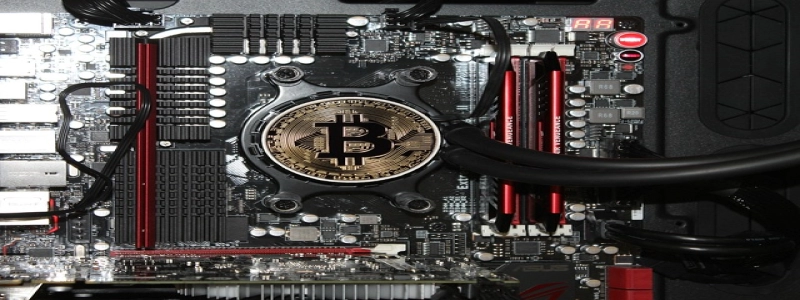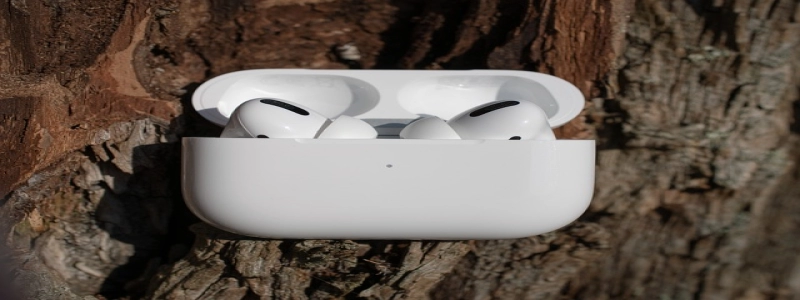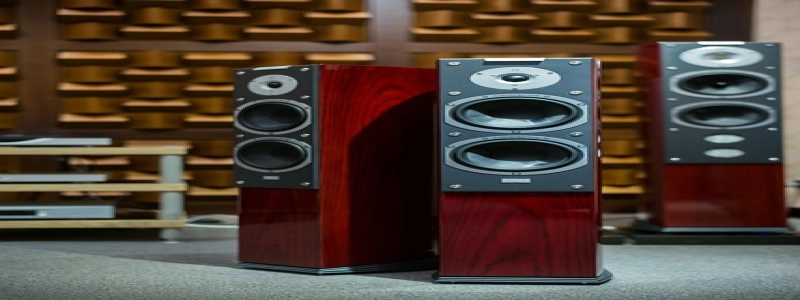Electric Cable Connectors Types
Introduction
Electric cable connectors play a vital role in today’s modern world, enabling the safe and efficient transfer of electricity from one device to another. They come in various types, each with unique characteristics and applications. In this article, we will explore different electric cable connector types and gain a comprehensive understanding of their features and uses.
Primary Types of Electric Cable Connectors
1. Screw Terminal Connectors
Screw terminal connectors are one of the most common types of cable connectors. They consist of a metal housing with two or more terminal screws. The cables are connected by stripping their insulation and securing them under the screws by tightening them. This type of connector is easy to install and suitable for a wide range of applications, including household wiring and electrical panels.
2. Insulation Displacement Connectors (IDC)
Insulation displacement connectors, or IDCs, are widely used in the telecommunications industry. They allow for quick and easy connections by piercing the cable’s insulation using metal contacts inside the connector. The cables simply need to be inserted into the connector, and the contacts pierce through the insulation, establishing a secure electrical connection. IDCs are commonly found in telephone and data cables.
3. Crimp Connectors
Crimp connectors utilize compression to create a secure connection between the cable and the connector. These connectors consist of a metal tube or sleeve and are attached to the cable by compressing them using a specialized crimping tool. They provide excellent electrical conductivity and are commonly used in automotive applications, as well as in the aerospace and industrial sectors.
4. Bayonet Connectors
Bayonet connectors are popular in the military and aerospace industries due to their robustness and reliability. They feature a locking mechanism that allows for quick and secure connections. To connect the cables, they are inserted into the connector, and a quarter-turn locking action is performed, securing the connection. Bayonet connectors are resistant to vibration and shock, making them ideal for harsh environments.
5. Twist-Lock Connectors
Twist-lock connectors are widely used in commercial and industrial settings. They have a threaded locking mechanism that ensures a secure connection, preventing accidental disconnections. These connectors are commonly found in power distribution applications, as well as in the entertainment industry for equipment such as stage lighting and audio systems.
Conclusion
Electric cable connectors are available in a wide variety of types, each designed to meet specific requirements. Screw terminal connectors, insulation displacement connectors, crimp connectors, bayonet connectors, and twist-lock connectors are just a few examples. Understanding the characteristics and applications of each type is essential for choosing the appropriate connector for a particular purpose. By selecting the right connector, we can ensure the safe and efficient transfer of electricity for various electrical devices and systems.








